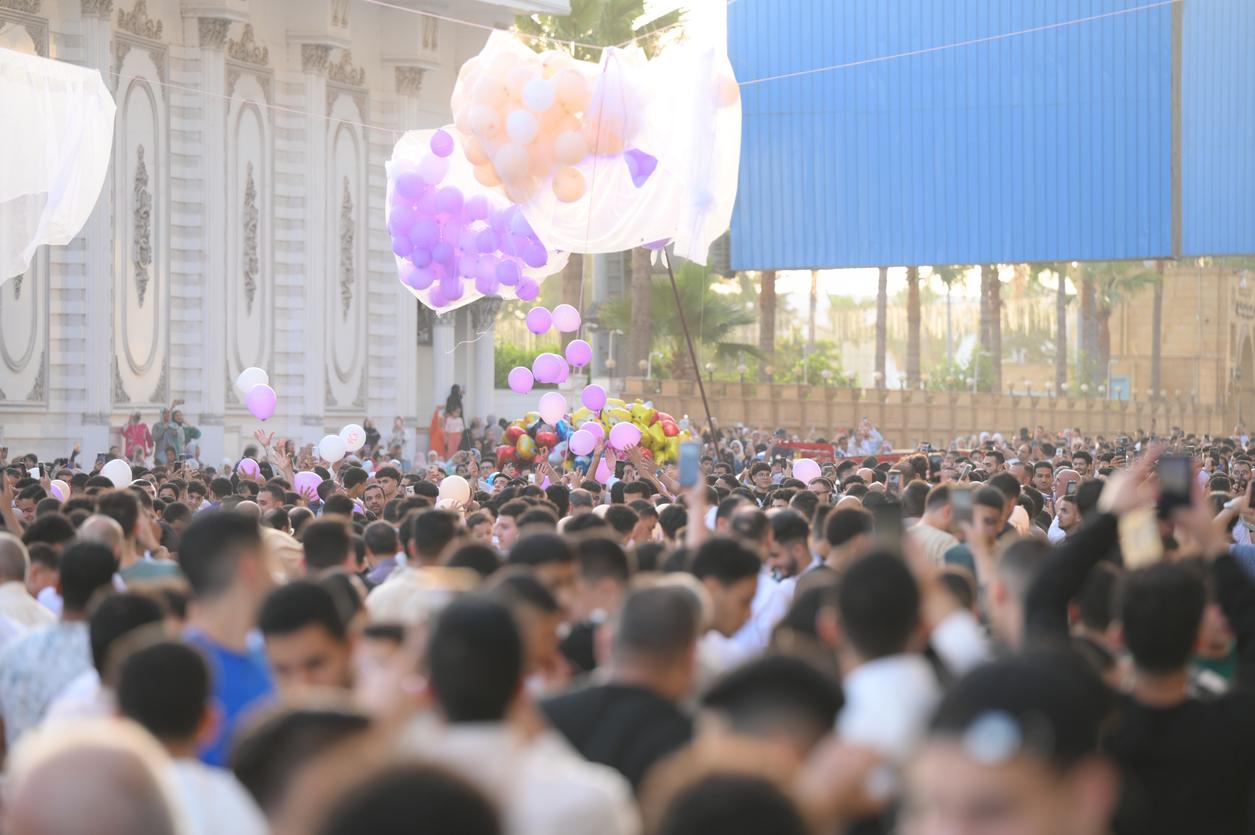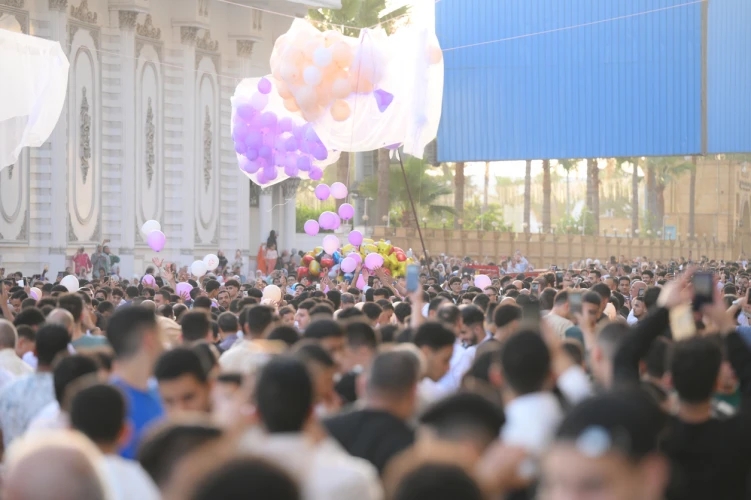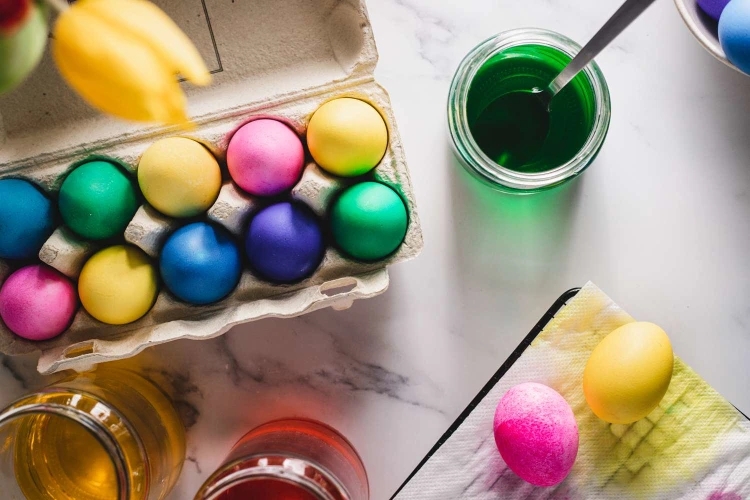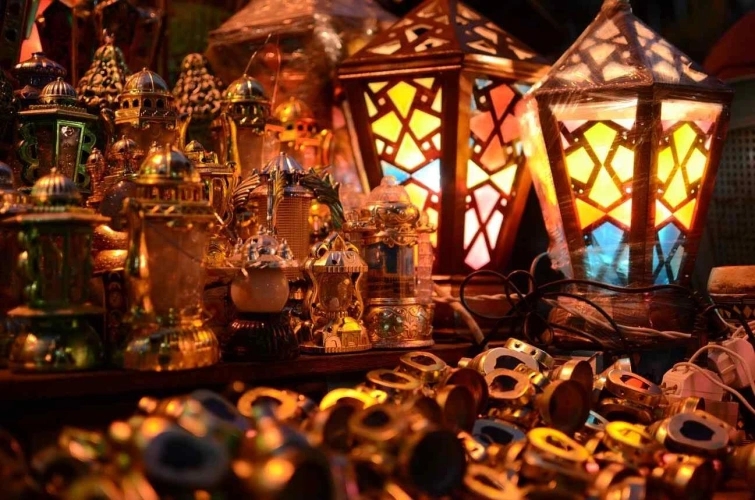
Egypt, a country with a rich tapestry of history and culture, is renowned for its vibrant and diverse festivals. Whether you're a seasoned traveler or someone dreaming of exploring this ancient land, experiencing festivals in Egypt provides a unique window into the heart and soul of its people. These celebrations, steeped in tradition and joy, offer glimpses into the customs that have shaped Egyptian society over millennia.
When you think of Egypt, images of the majestic pyramids and the storied Nile might come to mind. However, the country's festivals are equally remarkable, showcasing a blend of ancient traditions and modern influences. From religious observances to cultural celebrations, these events are a testament to the enduring significance of community and heritage in Egyptian life.
Festivals play a crucial role in the cultural fabric of Egypt, serving as a vital link between the past and present. They are not merely occasions for celebration but also times of reflection, remembrance, and unity. In a country where traditions are deeply rooted, festivals offer a sense of continuity, connecting the present generation with their ancestors.
In Egyptian culture, festivals are a way to reinforce social bonds and foster a sense of belonging. They provide an opportunity for individuals to come together, share experiences, and create lasting memories. Whether through communal feasts, music, or dance, these celebrations highlight the values of hospitality, generosity, and camaraderie.

Celebrated on the Monday following the Coptic Orthodox Easter, Sham El-Nessim is a festival marking the arrival of spring. Its origins date back to ancient Egypt, where it was observed as a harvest festival. Today, it is a national holiday enjoyed by Egyptians of all faiths, symbolizing unity and renewal.
During Sham El-Nessim, families typically spend the day outdoors, enjoying picnics in parks, gardens, or along the Nile. Traditional foods such as salted fish (feseekh), green onions, and lettuce are staples of the celebration. The day is filled with laughter and joy as people welcome the new season with open arms.
For visitors, Sham El-Nessim offers a chance to experience the warmth and hospitality of the Egyptian people. Join a local family for a picnic or stroll through a bustling market to fully immerse yourself in this delightful celebration of nature and community.

Ramadan, the ninth month of the Islamic calendar, is a time of fasting, prayer, and reflection for Muslims around the world. In Egypt, the atmosphere during Ramadan is truly magical, with streets adorned in colorful lanterns and families gathering for Iftar, the meal that breaks the daily fast.
The month culminates in Eid al-Fitr, a joyous festival marking the end of Ramadan. Families dress in their finest clothes, visit friends and relatives, and share in lavish feasts. It's a time of gratitude, charity, and celebration, with special prayers offered at mosques and a lively spirit of community prevailing throughout the country.
To experience Ramadan and Eid al-Fitr in Egypt like a local, consider joining an Iftar meal or participating in community events that highlight the generosity and warmth of the Egyptian people. The sense of unity and devotion during these celebrations is truly inspiring and a testament to the shared values that bind the community.

Eid al-Adha, or the "Festival of Sacrifice," commemorates the willingness of Ibrahim (Abraham) to sacrifice his son as an act of obedience to God. It is one of the most significant festivals in the Islamic calendar and is observed with great reverence in Egypt.
During Eid al-Adha, families come together to perform the ritual sacrifice of an animal, usually a sheep or goat, which is then distributed among family, friends, and those in need. This act of charity and sharing is at the heart of the festival, reflecting the values of compassion and generosity.
For travelers, Eid al-Adha provides a unique opportunity to witness the deep spiritual and communal aspects of Egyptian culture. Engage with locals, partake in the festivities, and gain insight into the customs that underscore this important celebration.
Egypt's Coptic Christian community celebrates both Christmas and Easter with deep religious fervor and cultural richness. Coptic Christmas, observed on January 7th, is marked by church services, family gatherings, and the sharing of special foods like fata, a dish made of rice, bread, and meat.
Coptic Easter, following a 55-day period of fasting known as the Great Lent, is a time of joy and renewal. It is celebrated with prayers, feasts, and the exchange of greetings among friends and family. The vibrant atmosphere during these festivals highlights the resilience and devotion of Egypt's Christian community.
Visitors can experience the warmth and spirituality of Coptic celebrations by attending a church service or joining a festive meal. These occasions offer a glimpse into the rich tapestry of faith and tradition that defines Egyptian culture.
Twice a year, on February 22nd and October 22nd, the Abu Simbel Sun Festival takes place at the magnificent Abu Simbel temples in southern Egypt. This extraordinary event celebrates the architectural prowess of the ancient Egyptians, as the sun aligns perfectly to illuminate the inner sanctum of the temple.
The festival attracts visitors from around the world, eager to witness this awe-inspiring phenomenon. The day is marked by traditional Nubian music, dance, and festivities, creating a vibrant atmosphere at one of Egypt's most iconic sites.
To fully appreciate the Abu Simbel Sun Festival, arrive early to secure a good view of the sunrise spectacle. Engage with fellow travelers and locals to share in the wonder of this extraordinary event, which stands as a testament to the ingenuity and grandeur of ancient Egyptian civilization.
Moulid El-Nabi, the birthday of the Prophet Muhammad, is celebrated with great enthusiasm across Egypt. This festival is a time of spiritual reflection, community gatherings, and festive activities. Streets and neighborhoods come alive with colorful decorations, music, and traditional sweets.
Moulid El-Nabi celebrates the Prophet’s birthday with vibrant processions, storytelling, and religious recitations. It’s a time of unity, devotion, and joy. Visitors can join locals in the festivities, taste traditional sweets like “halawet el-moulid,” and experience the deep faith and rich culture that make this cherished Egyptian festival unforgettable.
In ancient times, the flooding of the Nile was a life-giving event, essential for agriculture and sustenance. To honor this annual phenomenon, Egyptians celebrated Wafaa El-Nil, the Nile Flood Festival. Although modern dams regulate the river now, the festival continues as a cultural celebration of Egypt's lifeline.
Wafaa El-Nil celebrates the Nile’s importance with boat parades, music, and dance. Egyptians give thanks for the river’s blessings and vital role in their history. Visitors can join in with felucca rides, riverside events, and festive gatherings, gaining a unique insight into the deep cultural and historical bond between the Nile and the Egyptian people.
Held in the serene oasis of Siwa, the Siyaha Festival is a celebration of peace, unity, and cultural heritage. This unique festival brings together the diverse communities of the Siwa Oasis for three days of music, dance, and traditional ceremonies.
Siyaha Festival in Siwa brings locals together at the Temple of the Oracle to pray for peace. It features music, dance, feasts, and storytelling, celebrating unity and tradition. Travelers can experience Siwan hospitality, taste local dishes, and enjoy the serene oasis setting, offering a rare glimpse into one of Egypt’s most unique cultural celebrations.
To truly experience festivals in Egypt like a local, it's essential to embrace the culture and traditions that define these celebrations. Start by learning about the history and significance of each festival, as understanding its roots will enrich your experience and appreciation.
Engage with locals, join events, and embrace the customs that define each festival. Whether sharing a feast, joining a procession, or trying new foods, your openness and respect will lead to deeper cultural understanding and meaningful connections. Immersing yourself fully ensures an authentic and unforgettable Egyptian festival experience.
Attending festivals in Egypt can be a rewarding and enriching experience. Here are some helpful tips to make the most of your festival adventures:
Plan Ahead: Research the dates and locations of festivals you wish to attend. Some events may require advance booking or special arrangements.
Respect Local Customs: Dress modestly and be mindful of cultural norms, especially during religious festivals. Showing respect for local traditions will enhance your experience.
Embrace the Local Cuisine: Festivals are a great opportunity to sample traditional Egyptian foods. Don't hesitate to try new dishes and flavors.
Engage with Locals: Interact with residents to gain insight into the significance of the festival. Their stories and perspectives can provide valuable context and enrich your experience.
Celebrating festivals in Egypt is a journey into the heart of a nation rich in history, culture, and tradition. These vibrant events offer a unique opportunity to connect with the Egyptian people, witness their customs, and partake in joyous celebrations that have stood the test of time.
Embrace the richness and diversity of Egypt’s festivals through unforgettable Egypt Tours. From the spiritual devotion of Ramadan to the joyful celebration of Sham El-Nessim and the awe-inspiring Abu Simbel Sun Festival, each experience offers a deeper connection to the country’s heritage and values, leaving you with memories that last a lifetime.
Q1. What are the most popular festivals in Egypt?
Some of the most popular festivals include Sham El-Nessim, Ramadan, Eid al-Fitr, Coptic Christmas, Abu Simbel Sun Festival, and the Cairo International Film Festival.
Q2. When is the best time to visit Egypt for festivals?
The best time to experience multiple festivals is between October and April, when major cultural and religious events occur, and the weather is more comfortable for travel.
Q3. Are Egyptian festivals open to tourists?
Yes! Most festivals, especially public ones like Sham El-Nessim, Eid celebrations, and cultural events, welcome tourists and offer an immersive experience.
Q4. Do I need to follow a dress code when attending festivals in Egypt?
While attending festivals, especially religious ones, it’s respectful to dress modestly, covering shoulders and knees is generally appreciated.
Q5. Is it safe to attend festivals in Egypt?
Yes, attending festivals in Egypt is generally safe, especially in well-traveled areas. It’s always best to stay updated on local advice and travel guidelines.
Q6. What is Sham El-Nessim and how is it celebrated?
Sham El-Nessim is a spring festival rooted in ancient Egypt. Locals celebrate with picnics, salted fish dishes, and outings in parks or along the Nile.
Q7. Can I take photos or videos during festivals?
Yes, but always ask for permission before photographing people, especially during religious or traditional events.

© Copyright 2025 Get Egypt Tour. All rights reserved.